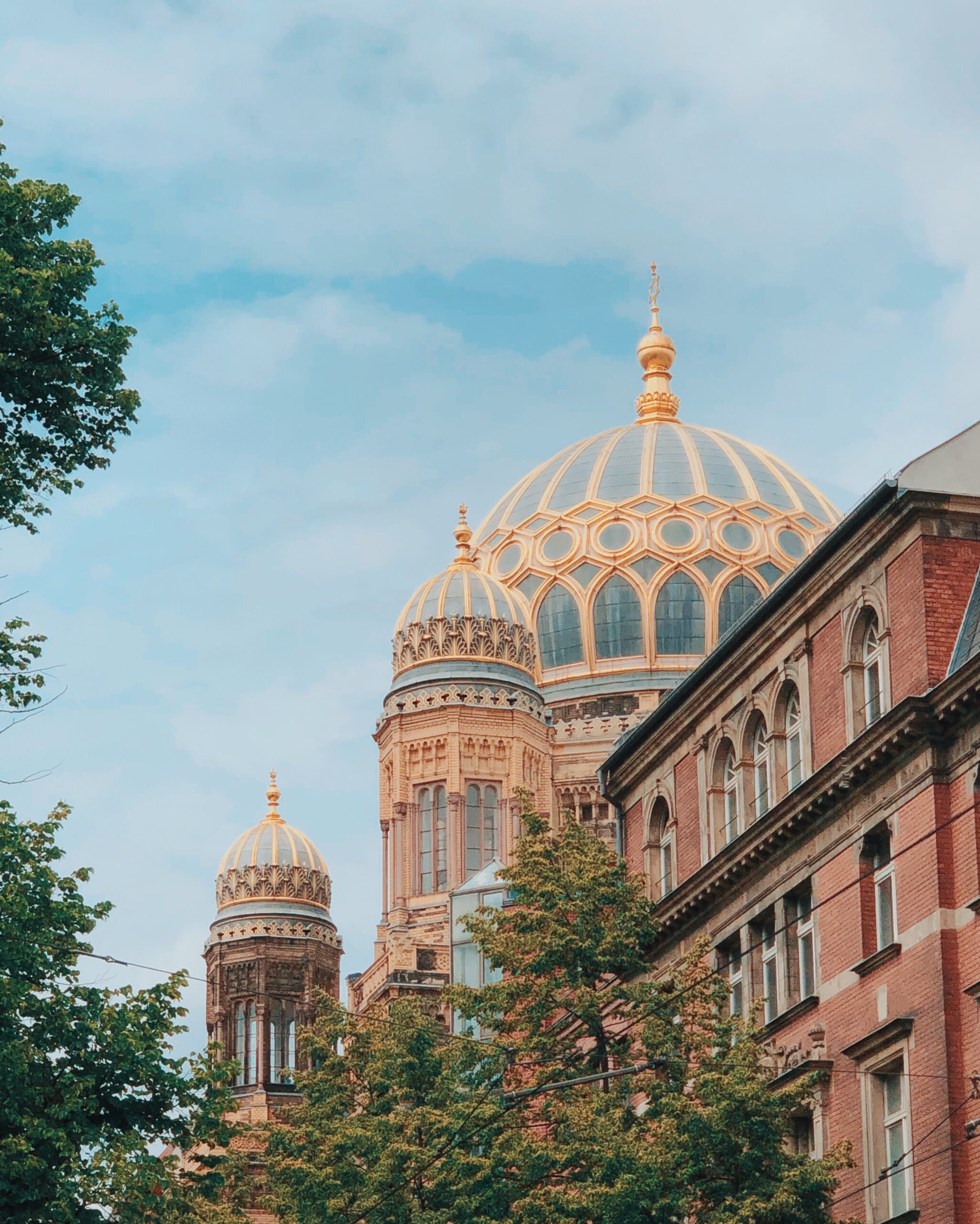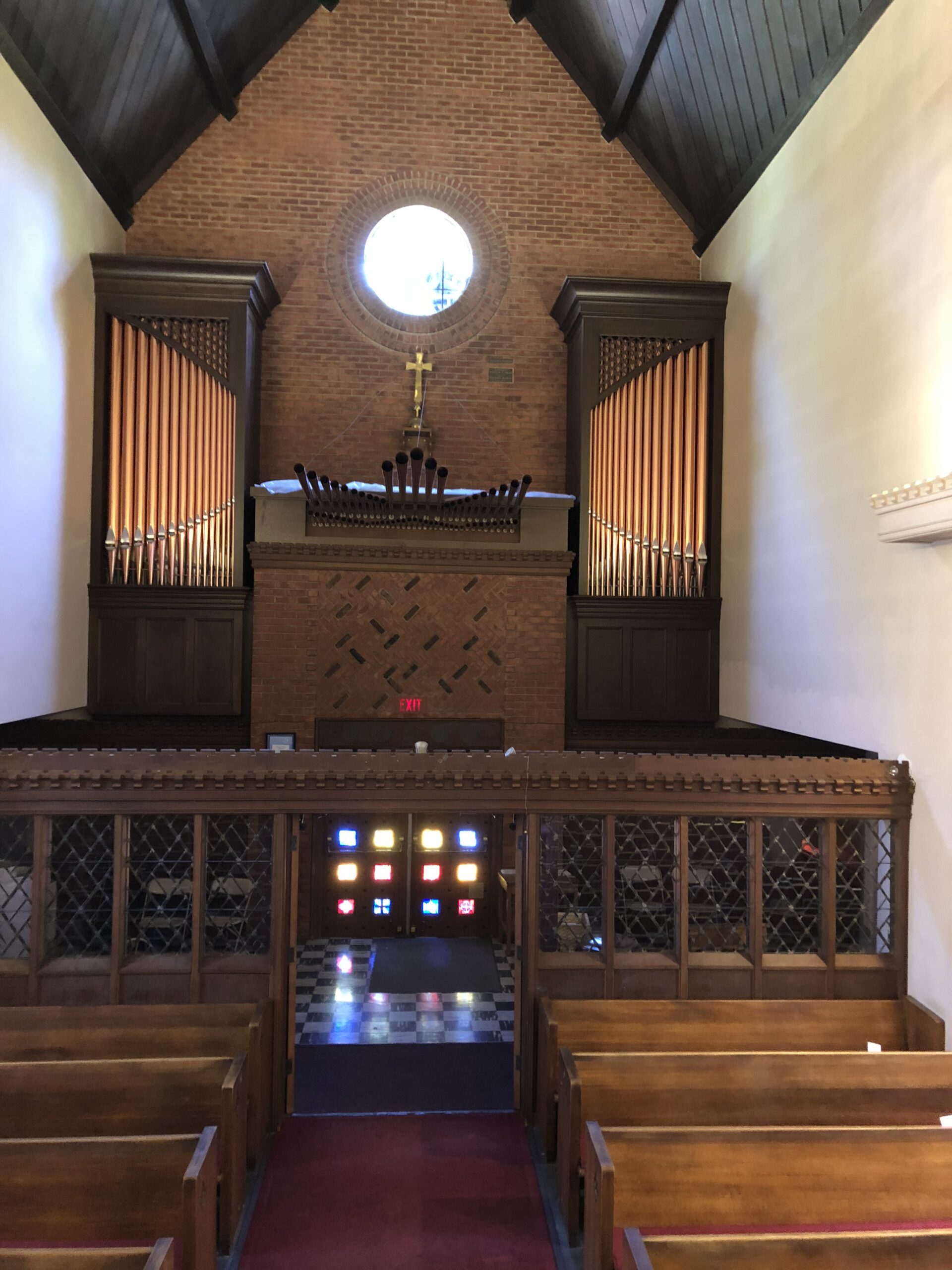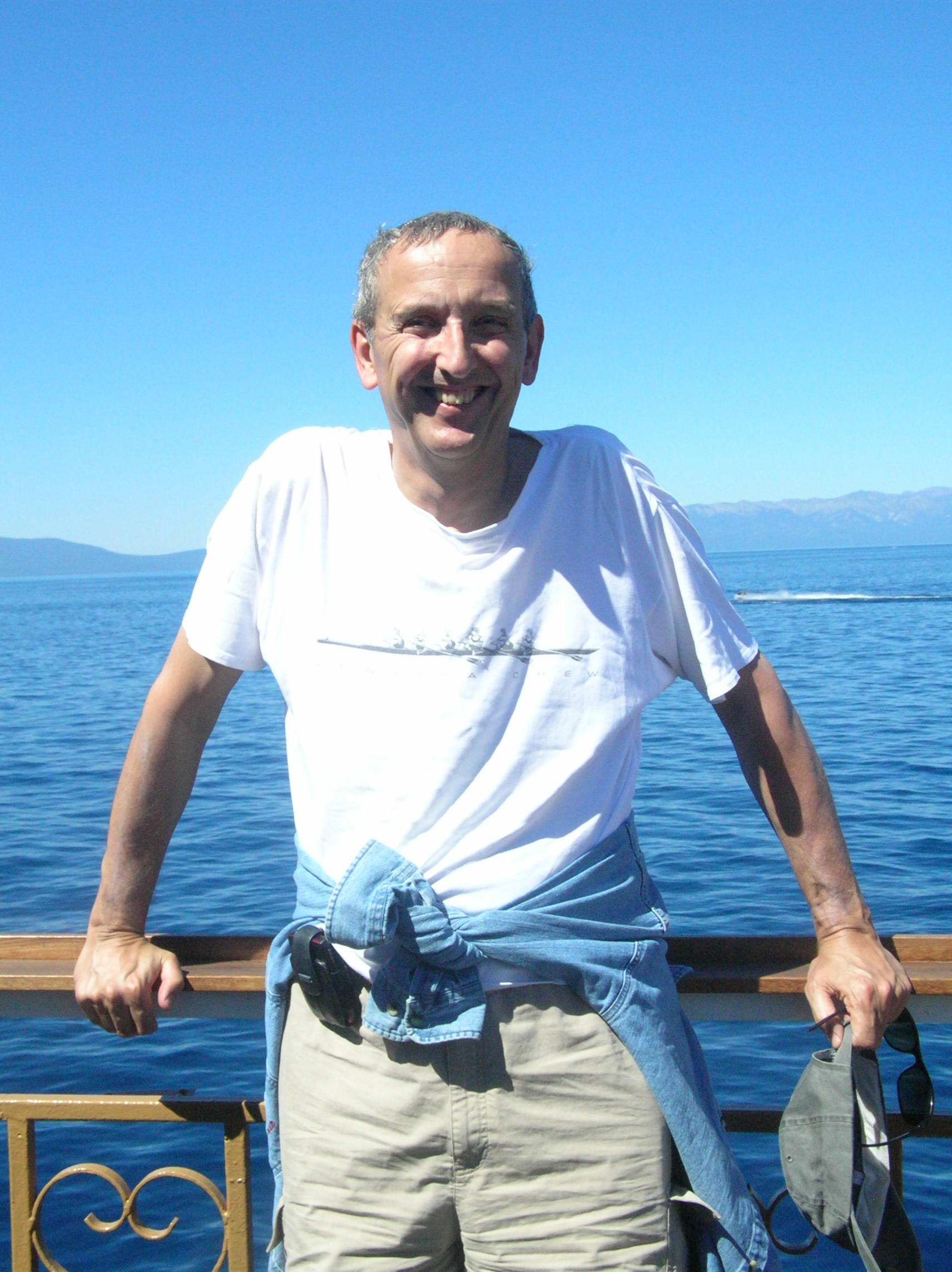There are a lot of posts “out there” on life in the midst of the current pandemic. I add mine primarily for myself. In the future, I will be able to look back and see how I was at this time. But, of course, all are welcome to read and share as well.
 Closed synagogues: Today is the second day of the full moon. It is a “super moon” with the moon very close to the earth. And, appropriately, because of the Hebrew lunar calendar, today is the first day of Passover. Last evening, during the Seder dinner, the child asked “Why is this night different from all others.” The answer this year is obvious. The pandemic makes it different, The pandemic has changed all of our lives. Our Jewish sisters and brothers can reflect on many pesachs that have also been unique. The original flight from Egypt, the diaspora from their Holy Land, the many forced moves throughout their history, the Holocaust and now this one that they share with all of us. The Pasch, the Passover meal, is primarily a family meal. Extended families gather at least for the first night, perhaps for more. This year many will gather only the immediate members in their own homes.
Closed synagogues: Today is the second day of the full moon. It is a “super moon” with the moon very close to the earth. And, appropriately, because of the Hebrew lunar calendar, today is the first day of Passover. Last evening, during the Seder dinner, the child asked “Why is this night different from all others.” The answer this year is obvious. The pandemic makes it different, The pandemic has changed all of our lives. Our Jewish sisters and brothers can reflect on many pesachs that have also been unique. The original flight from Egypt, the diaspora from their Holy Land, the many forced moves throughout their history, the Holocaust and now this one that they share with all of us. The Pasch, the Passover meal, is primarily a family meal. Extended families gather at least for the first night, perhaps for more. This year many will gather only the immediate members in their own homes.
 Closed churches: Today is Maundy (Holy) Thursday. This year it syncs directly with Passover. That is another reason for this being a special, though not unique night. Maundy Thursday is all about the Last Supper and it is about washing each others feet. It is about service and eating together. It is about the sacredness of servitude in the midst of a family meal. We are in the midst of Holy Week. Maundy Thursday is the first day of the Triduum, the Christian high holy days. But there will be no washing of each other’s feet this year. Tomorrow is Good Friday. The Noon reflections can easily be done over the internet but there will be no community veneration of the cross. The Easter Vigil is the time for baptisms. The will be no baptisms. It is the grand liturgical party of the church year. The party will be less grand as we celebrate from a distance rather than together. Easter Sunday is a day of gathering for many Christians. And Easter Sunday is a day of family gatherings for Easter egg hunts, for brunch, for dinner. This year those hunts and brunches and dinners are reserved for the immediate members in their own houses.
Closed churches: Today is Maundy (Holy) Thursday. This year it syncs directly with Passover. That is another reason for this being a special, though not unique night. Maundy Thursday is all about the Last Supper and it is about washing each others feet. It is about service and eating together. It is about the sacredness of servitude in the midst of a family meal. We are in the midst of Holy Week. Maundy Thursday is the first day of the Triduum, the Christian high holy days. But there will be no washing of each other’s feet this year. Tomorrow is Good Friday. The Noon reflections can easily be done over the internet but there will be no community veneration of the cross. The Easter Vigil is the time for baptisms. The will be no baptisms. It is the grand liturgical party of the church year. The party will be less grand as we celebrate from a distance rather than together. Easter Sunday is a day of gathering for many Christians. And Easter Sunday is a day of family gatherings for Easter egg hunts, for brunch, for dinner. This year those hunts and brunches and dinners are reserved for the immediate members in their own houses.
Roman citizens highly respected Christians of the first and second centuries because they would tend the sick with little regard for themselves. Some died but saw their deaths as similar to Jesus’. They were doing God’s work and would suffer, even die, doing that work. Some say this is one reason for the rapid growth of early Christianity (see Gerald Sittser’s Resilient Faith). Mother Teresa is our model for this in our time. Yet few are doing this in the name of Christ during this pandemic. Rather it is the medical personal, the first responders, the grocery and food providers, the delivery people who are assisting. For some it is because this is their job. For others, it is their job but they are in a service industry because they feel the call to serve.
 Closed houses: Our houses are our shelters. We are constructing virtual motes. We sanitize our packages, our clothes, our bodies when we return from the world “out there.” Neighbors and delivery people leave items on our doorsteps, ring the doorbell and furtively walk away. Those like Mary and I are blessed inasmuch as we are able to walk or garden or go to a park. Those stranded in a small apartments, like Jacquelyn and Bryce, suffer the “coops” more than we do. What is different about this time? We are zealous about cleanliness. We are germaphobes. Is this justified? The standard for “physical distancing” (the common term is “social distancing”) is six feet or two meters. There is a great deal of physical distancing. Some argue that there is not enough. We encounter those who ignore the physical, political standard. There is some social distancing. I especially feel it when I go into a store. (I go few other places.) Suspicion and wariness cloud interactions. But there are also many instances of attempts to overcome this barrier: greeting neighbors and others whom we have never greeted before, being kinder to grocery store workers, assisting the health care workers where and how we can, recognizing the efforts of nurses and doctors and first responders, of those who prepare and deliver our fast food, for those who keep the grocery stores open, of all of those who help us through this crisis but of whom we are unaware.
Closed houses: Our houses are our shelters. We are constructing virtual motes. We sanitize our packages, our clothes, our bodies when we return from the world “out there.” Neighbors and delivery people leave items on our doorsteps, ring the doorbell and furtively walk away. Those like Mary and I are blessed inasmuch as we are able to walk or garden or go to a park. Those stranded in a small apartments, like Jacquelyn and Bryce, suffer the “coops” more than we do. What is different about this time? We are zealous about cleanliness. We are germaphobes. Is this justified? The standard for “physical distancing” (the common term is “social distancing”) is six feet or two meters. There is a great deal of physical distancing. Some argue that there is not enough. We encounter those who ignore the physical, political standard. There is some social distancing. I especially feel it when I go into a store. (I go few other places.) Suspicion and wariness cloud interactions. But there are also many instances of attempts to overcome this barrier: greeting neighbors and others whom we have never greeted before, being kinder to grocery store workers, assisting the health care workers where and how we can, recognizing the efforts of nurses and doctors and first responders, of those who prepare and deliver our fast food, for those who keep the grocery stores open, of all of those who help us through this crisis but of whom we are unaware.
But the invisible pervasive virus uses us as its carrier. We don’t know if we are carriers. This highlights the other (rather than the thou) in our relationships. My way of countering this is to call people who are in Trinity’s database, at least those for whom we have phone numbers. My list includes those from “Sto” – “Trib.” I also greet the stranger when I go for walks and I try to be nice to those I encounter on my rare trips out and about. I have started praying Matins during the week. When possible I “virtually” join the National Cathedral matins. I stop the recorded service at the place for intercessions and remember those on my prayer list as well as many others I know. I want my promises “to pray for you” to be more than empty words. Yesterday a woman on my list told me that she had only one role of toilet paper left. (Toilet paper has been the item of the “scarcity fear” with this crisis.). I had bought a large pack of TP at Costco on Tuesday and I took her a a small “six pack” from there. It was a 40 minute round trip to her place but words of concern and support mean nothing without the acts. I am Catholic enough to lean with the Apostle James on this one. Faith without action is empty.
I may write more on this in the future. I have not touched on the political elements of this. That will be my next pandemic entry.
For now: “Be well and stay well.” That is our current common valediction .

